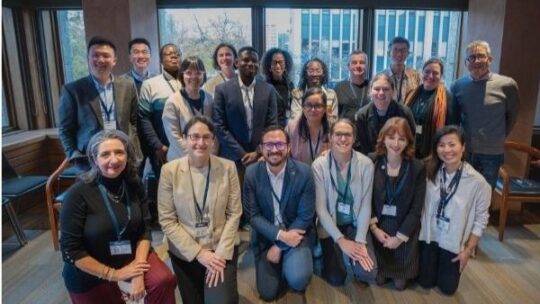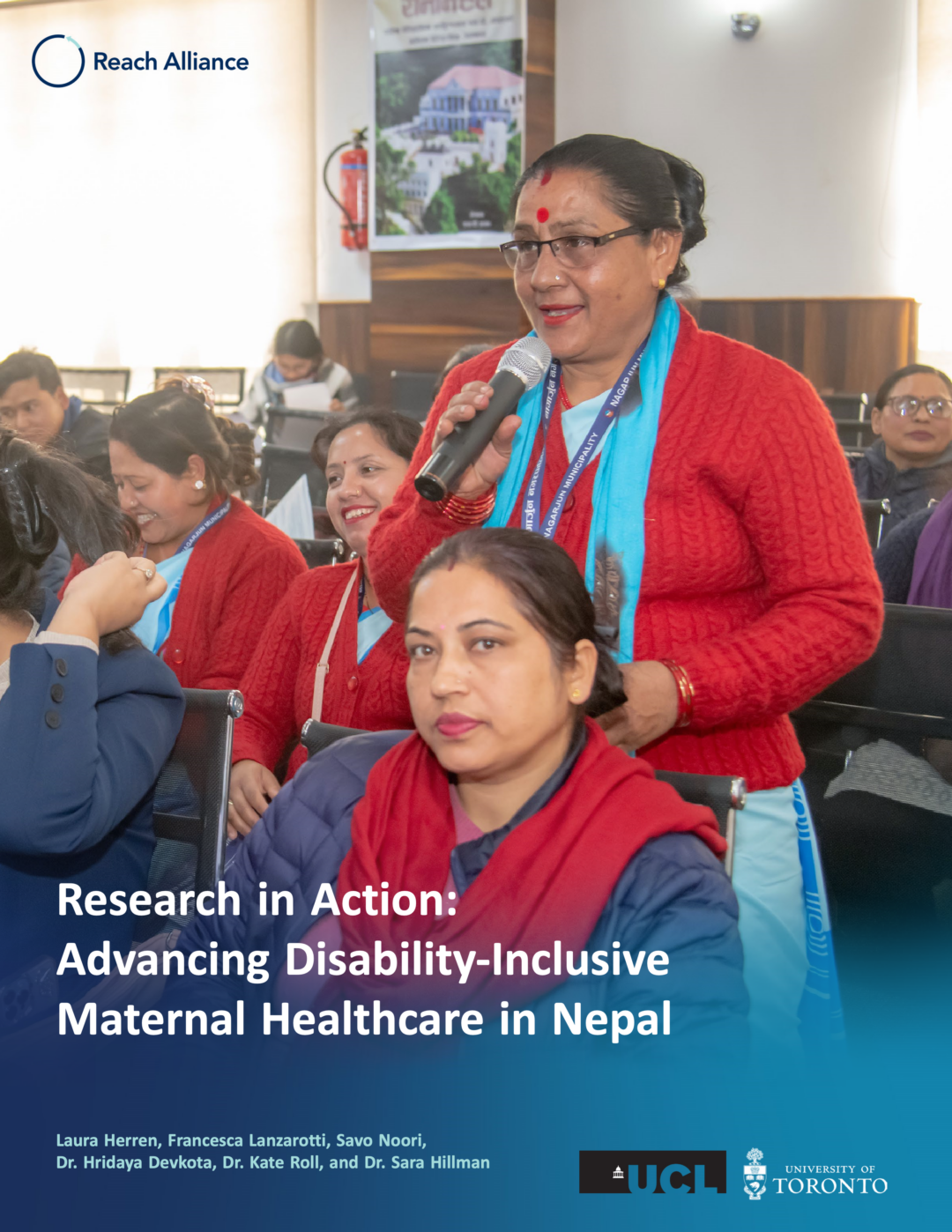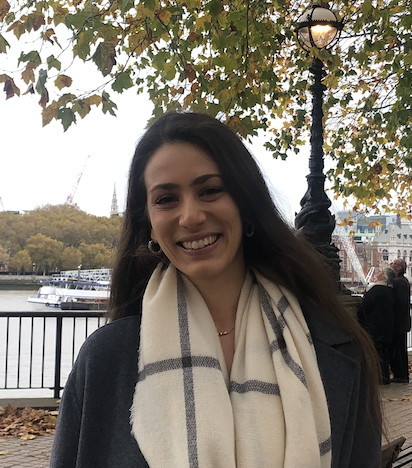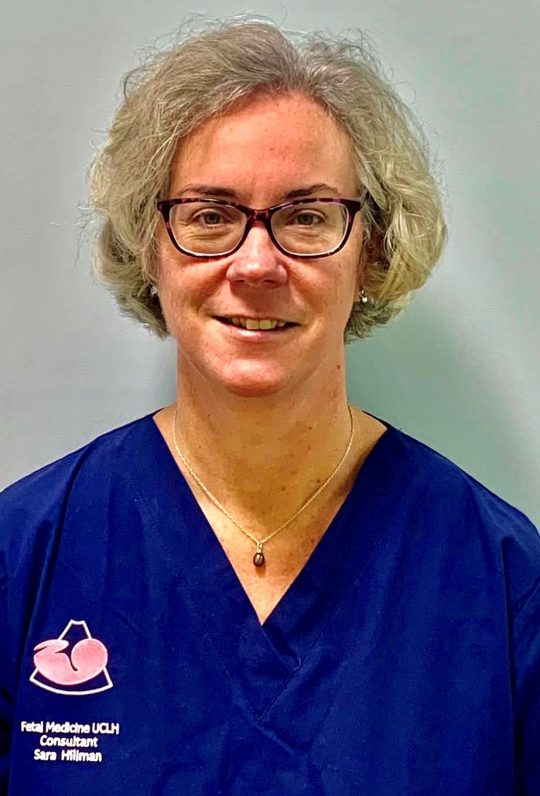Executive Summary
In collaboration with local Nepali researchers, Reach Alliance researchers interviewed women with disabilities, healthcare providers, and policymakers in Kathmandu to learn about the current state of maternal healthcare for women with disabilities and relevant policy implementation. The findings and associated actionable recommendations were published in 2023 in Maternal Healthcare for Women with Disabilities in Nepal: Access and Quality. Following the publication, we co-created two workshops with local experts in Nagarjun and Dakshinkali, the municipalities in Kathmandu where the research was conducted, for stakeholders from the three participant groups. The workshops engaged over 85 people and provided a platform to disseminate the research findings, foster dialogue among key stakeholders, and enable discussions about future policy action to ensure improved disability-inclusive maternal healthcare.
The workshops began with a remote presentation by the Reach Alliance University College London (UCL) team to disseminate the actionable research insights, followed by a powerful personal story from a woman with a disability on her maternal healthcare experience. This set the stage for a panel discussion and questionand-answer session led by the Nepal-based team, where key stakeholders addressed policy implementation challenges, gaps in healthcare infrastructure, and the role of government in improving access. The discussions fostered a shared understanding of barriers to disability inclusive maternal healthcare, reinforcing the original case study’s findings.
A key outcome was that both municipal and national-level policymakers committed to prioritizing disability-inclusive initiatives in their short- and long-term planning with a focus on creating and implementing targeted policy and improved training.
Acknowledgements
Our deepest gratitude goes to the women with disabilities who shared their personal experiences. Their stories serve as the most powerful reminder of why disability-inclusive maternal healthcare must remain a priority in Nepal’s healthcare agenda. A special thanks to Dr. Hridaya Devkota and Ms. Suyasha Adhikari for organizing and executing the workshops, ensuring they were contextually relevant and impactful. Appreciation also goes to the National Assembly members, representatives from the Ministry of Women, Children, and Senior Citizens, municipal leaders, hospital staff, representatives from organizations of persons with disabilities, and community health volunteers who participated in the discussions and committed to driving policy improvements. By leveraging the insights gained from these workshops, we hope to see sustained progress toward a more inclusive and equitable healthcare system for women with disabilities in Nepal. We extend our sincere gratitude to the Reach Alliance and the UCL Global Engagement Office for their funding and support in making these workshops possible.
Why Host Policy Focused Workshops?
The workshops established a platform for the women with disabilities involved in the research process to share their experiences directly with the policymakers who have the agency to drive change. These workshops were codesigned to disseminate and discuss actionable research insights from the Reach Alliance case report on the access to and quality of maternal healthcare for women with disabilities in Nepal. As researchers, we felt strongly that the data and stories captured in the research process had the ability to affect change. We also felt a duty to report back to the community in which we conducted the research to demonstrate that their voices were heard and acted upon.
The workshops engaged a diverse group of local stakeholders to address the challenges in policy implementation and service delivery of maternal healthcare for women with disability. The sessions created an opportunity to collectively brainstorm actionable change to achieve disability-inclusive maternal health services. This touched upon the first recommendation of the original research: to convene participants and encourage intergroup communication to drive meaningful change.






